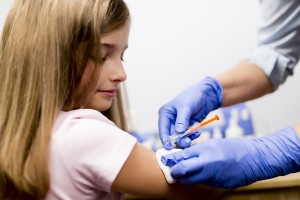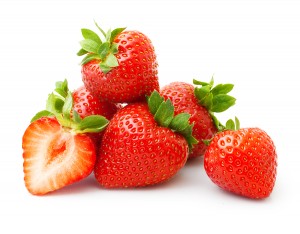Summer is a great season for playing sports, getting out, and being active. With all of the excess heat, moving around, and protective gear, Athletes’ Foot can often result. You might be asking “What exactly is Athletes’ Foot, and how do I know if I have it?” It is my hope that this blog will provide you with the information you need to identify it in yourself and your family, and give you some time tested home remedies that I and my family have found useful.
What is Athletes’ Foot?
Athletes’ Foot is a form of a fungal infection that can affect the skin between the toes, and possibly spread to the toe nails. Often, you might experience itching and burning pain, with skin scaling and areas of white skin. As mentioned above, this can spread to the toe nails, where a build-up of debris can begin underneath the toe nail and even cause the toe nail to fall off.
What can I do to prevent?
First and foremost is prevention. Making sure the area is kept as dry as possible is important for preventing it from occurring. Several ways that you can do this is making sure you wear “fresh” socks (not reusing socks after a day’s worth of use), and drying your feet thoroughly after a showering. Some people have even used baking soda in their shoes to make sure that their feet stay dry.
What can I do at home to treat this?
There are quite a few different ways you can treat this at home. Below, I have provided several different treatments my family and I have used at home with success!
Tea Tree Oil
Tea tree oil can be applied directly to the area in order to treat the fungal infection. Alternatively, 2 drops of tea tree oil can be put into a foot bath. For the foot bath, simply leave your feet soaking in warm water (to your tolerance) for 15-20 minutes.
Epsom Salt Foot Bath
Not only are Epsom salt foot baths useful for athletes’ foot, but it is also a great way to relax after a long day at work. The salt will help kill off any infection, as well, the magnesium will help to soothe the area.
Black Tea Foot Bath
I like using black tea foot baths to treat athletes’ foot, because not only is it effective, but most people have tea bags at home that they can use without trying to find specific ingredients or products that they have never even heard of let alone used at a store. You simply add 1-2 tea bags to your hot foot bath and let soak for 15-20 minutes.
Garlic
Though this treatment can be a bit messy, it is quite effective for treating fungal infections. To apply garlic to the area, you can mince it and apply it directly to the skin. The caution I would give to you for this is that it might burn and be uncomfortable. I would use this as a last resort if the other home remedies did not work first, because of the possible discomfort involved with this.
Have you benefitted from reading this blog? Know someone that would benefit as well? Share, Like, Comment, or Tweet this article, and let me know what you think.
Some of the information provided above may not be appropriate for everyone, please consult with your doctor before trying any of the above. If you are interested in Naturopathic Medicine and wanting a different approach to your health care needs, please contact Elisha Cook for more information.


